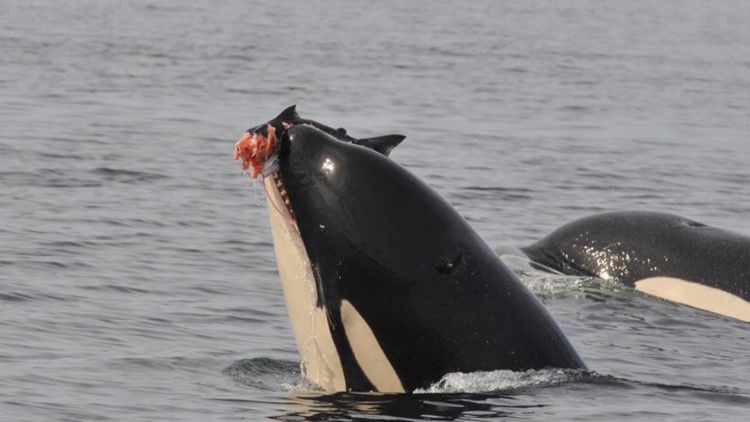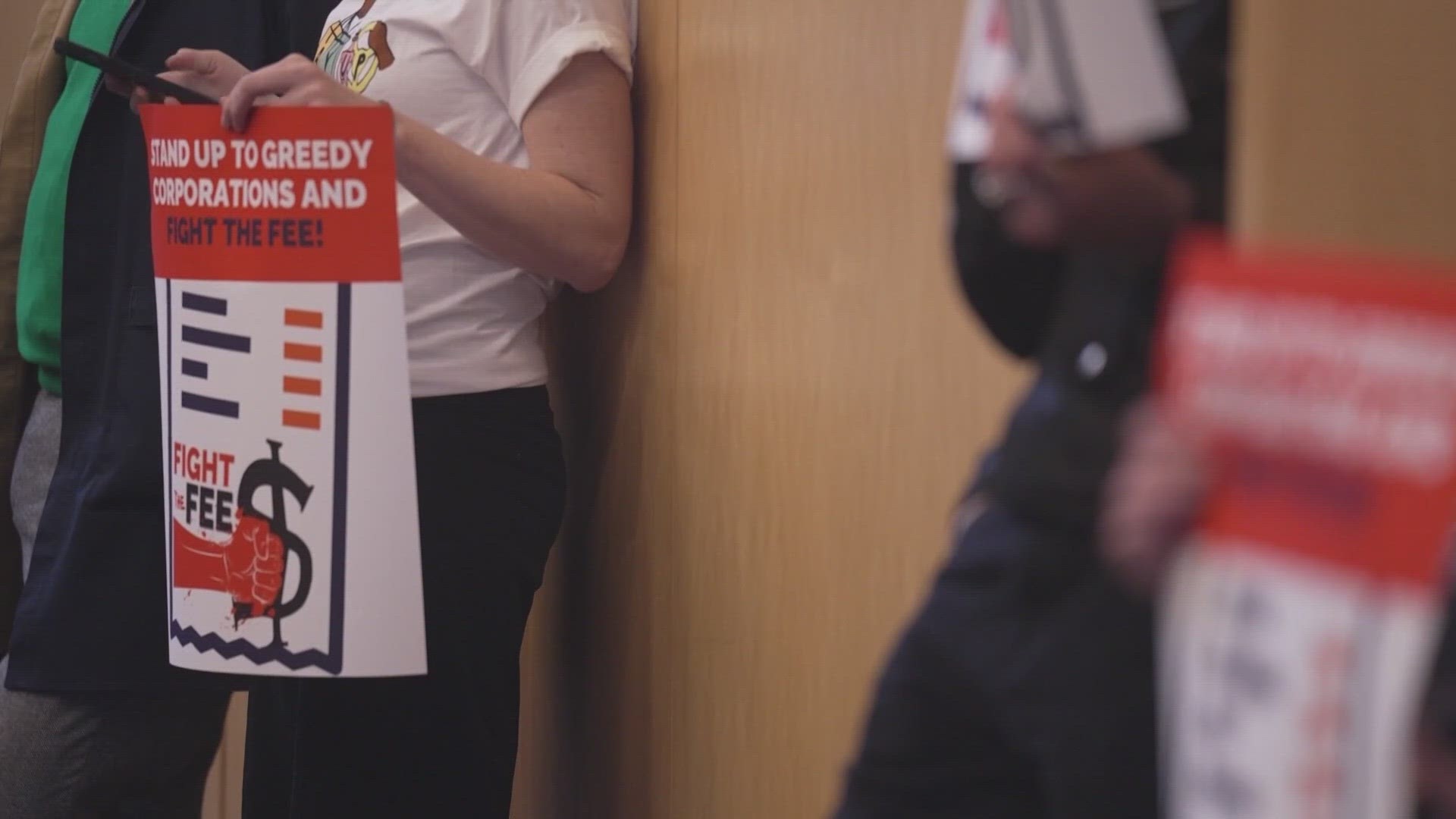Microsoft recently launched its new Artificial Intelligence for Earth program. The company is using the speed of computers to tackle some of our most pressing environmental issues.
"Artificial intelligence is just the idea of trying to teach computers to be able to do similar tasks that humans can naturally do," said Microsoft Chief Environmental Scientist Lucas Joppa.
One of their projects is focused on saving the Southern Resident Killer Whales (SRKW) from extinction, using the same premise of facial recognition software.
"What we're trying to do is bring that same level of sophistication to animals like orcas. But to be able to track them through photos, we need to be able to teach computers what we see," Joppa said.
Out of AI for Earth's 66 grant recipients, three are based in Washington state.
- The Nature Conservancy and Microsoft aim to improve mapping tools used in the protection of sensitive shorelines.
- Long Live the Kings and Microsoft are working to create an intensive ecosystem model of Puget Sound to help assess impacts to the Puget Sound food web that may be affecting the salmon.
- SeaDoc Society will use AI for Earth to compile real-time data entry and evaluation of individual whales health, which will enable scientists to respond more quickly and effectively to threats to the pods.
SeaDoc is using the program to help compile data about the SRKW. There are only 76 left, prompting Gov. Jay Inslee to sign an executive order aimed at stopping their rapid decline.
"We don't want to understand ultimately that it's an orca. We want to understand specifically which orca it might be," Joppa said. "The second thing we want to do is combine the information about which individuals these are and where they are with all the environmental information, whether that's the acidity of the water they're in or the intensity of the shipping lanes."
For Joppa, artificial intelligence frees up time for humans to focus their efforts more efficiently.
"We're asking a lot of organizations which the least resources to solve some of our biggest challenges. They rely on the expertise of their staff. That ultimately could be put to better more efficient use. Instead of scrolling through every photo just trying to identify if there is an orca or not, or which orca it might be, if we can let a computer do that, we can allow the people and their human expertise to make better decisions," said Joppa.



